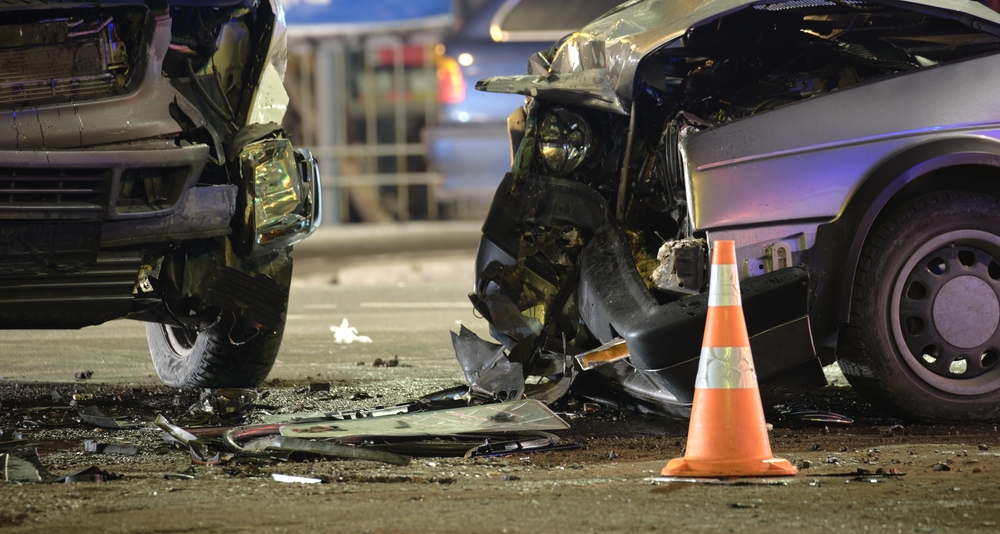Being hurt in a car accident can be a devastating experience, resulting in serious physical injuries and financial losses. In addition to requiring extensive medical treatment and the subsequent high bills, you might also lose time from work as you recover. While being out of work can significantly impact you and your family, it’s essential to understand that you may be entitled to recover your lost earnings by filing a personal injury lawsuit.
How Can You Recover Lost Wages After a Car Accident?
Recovering your lost wages after a car accident can be essential to paying your bills, rent, and daily living expenses. While it can often take many months to resolve a personal injury lawsuit, you may be eligible to file for no-fault benefits to recover a portion of your lost earnings as your case is ongoing. Under New York’s no-fault law, the applicable insurance company will pay up to $2,000 or 80% of your lost earnings a month (whichever is less) for up to three years after a car accident or until the policy limit has been reached.
If you suffered what New York Insurance Law defines as a severe injury, you may be entitled to recover compensation beyond what no-fault insurance provides by filing a personal injury lawsuit. If you meet the statutory criteria and can prove that another’s negligence caused your damages, you may be able to receive monetary recovery for your economic and non-economic damages — including the full extent of your lost wages.
What Does an Award of Lost Wages Cover?
Lost wages refer to the income you would have earned if not for your motor vehicle accident-related injuries. This broad category can cover a wide range of economic damages due to your being out of work after a car crash. Whether you have had to take time off for a few weeks or several months, you may be entitled to recover the following compensation:
- Wages from your employment
- Bonuses
- Overtime pay
- Self-employment income
- Loss of employment benefits
- Future lost earnings
In the event your accident-related injuries have resulted in a disability that prevents you from working — or earning as much as you previously did — you might also be entitled to recover for your loss of earning capacity. These damages may be available if your ability to earn income is reduced or impaired due to an injury caused by the crash that limits your ability to be gainfully employed.
How Can You Prove Your Lost Wages?
Many factors can influence the compensation you might receive for lost wages. It’s crucial to keep documentation regarding your time off from work to calculate your lost wages — your paystubs, W-2s, 1099s, tax returns, and other documents can be critical evidence to help prove your earnings. It may also be helpful to obtain documentation from your employer that specifies information regarding your benefits, bonuses, and other compensation.
Proving loss or diminished earning capacity can be challenging and often requires more than proof of past income to demonstrate anticipated future income. In such cases, expert testimony may be needed to establish the extent of your injuries and expected financial losses. For instance, vocational specialists, medical professionals, and economists may help to establish what you could have reasonably expected to earn in the future. Non-expert testimony from an employer or supervisor who can speak about your professional opportunities, work history, and job performance can also be vital when it comes to proving future lost wages.
Contact an Experienced New York Personal Injury Attorney
If you suffered serious injuries in a car accident caused by someone else’s negligence, you may be entitled to pursue a personal injury lawsuit to recover your lost wages and other damages. An experienced personal injury attorney can best advise you regarding your rights and fight for the maximum monetary recovery you deserve. The Dearie Law Firm, P.C. has represented car accident victims for over three decades and provides knowledgeable representation to secure the best possible results in each unique case. Contact us today for a consultation.

